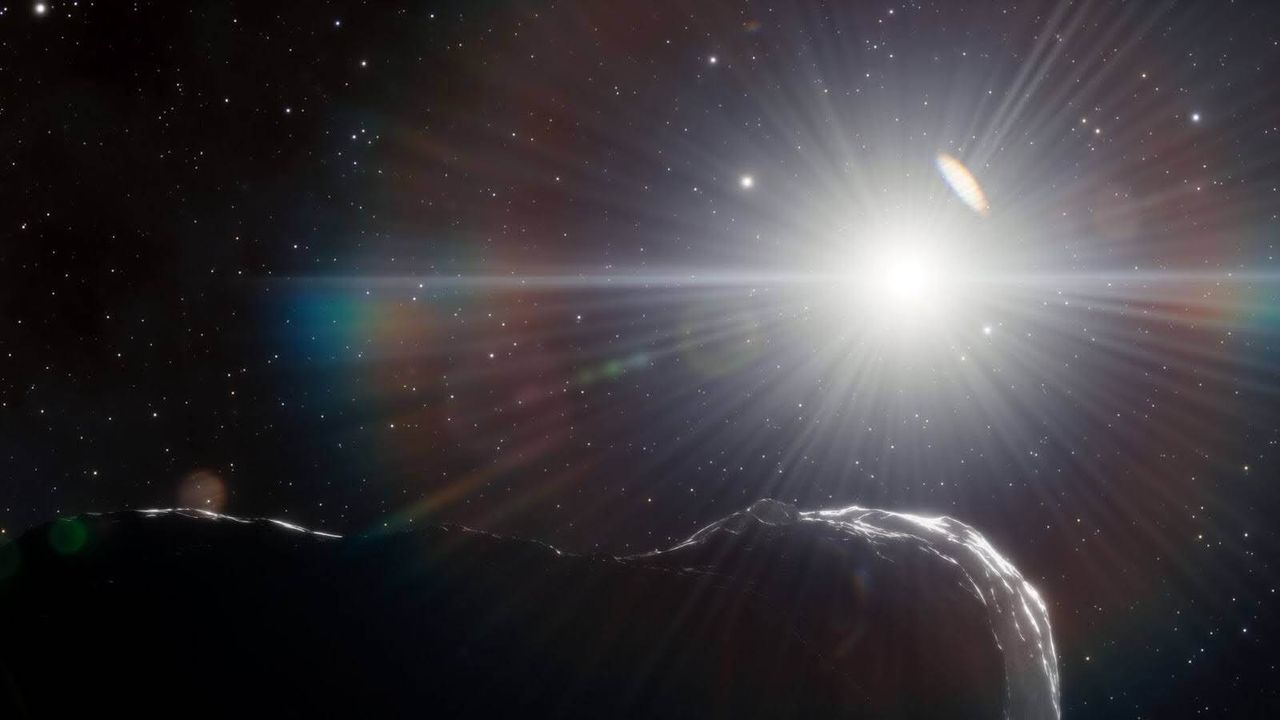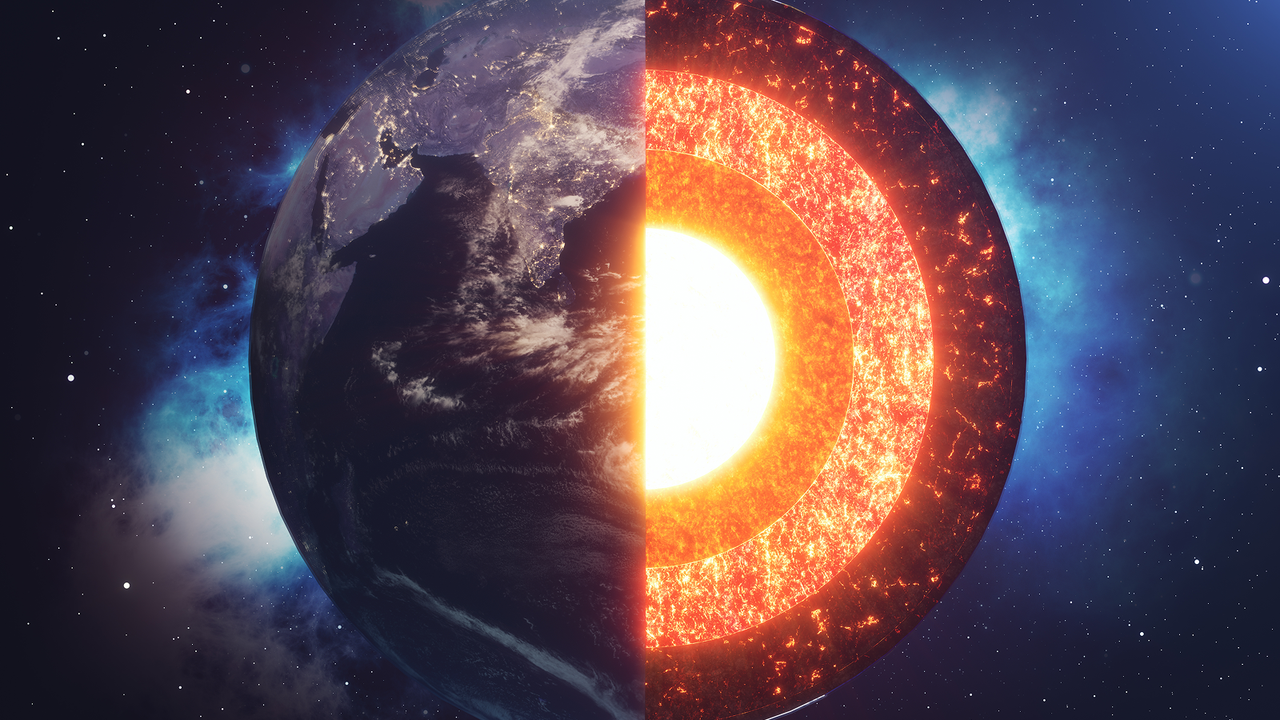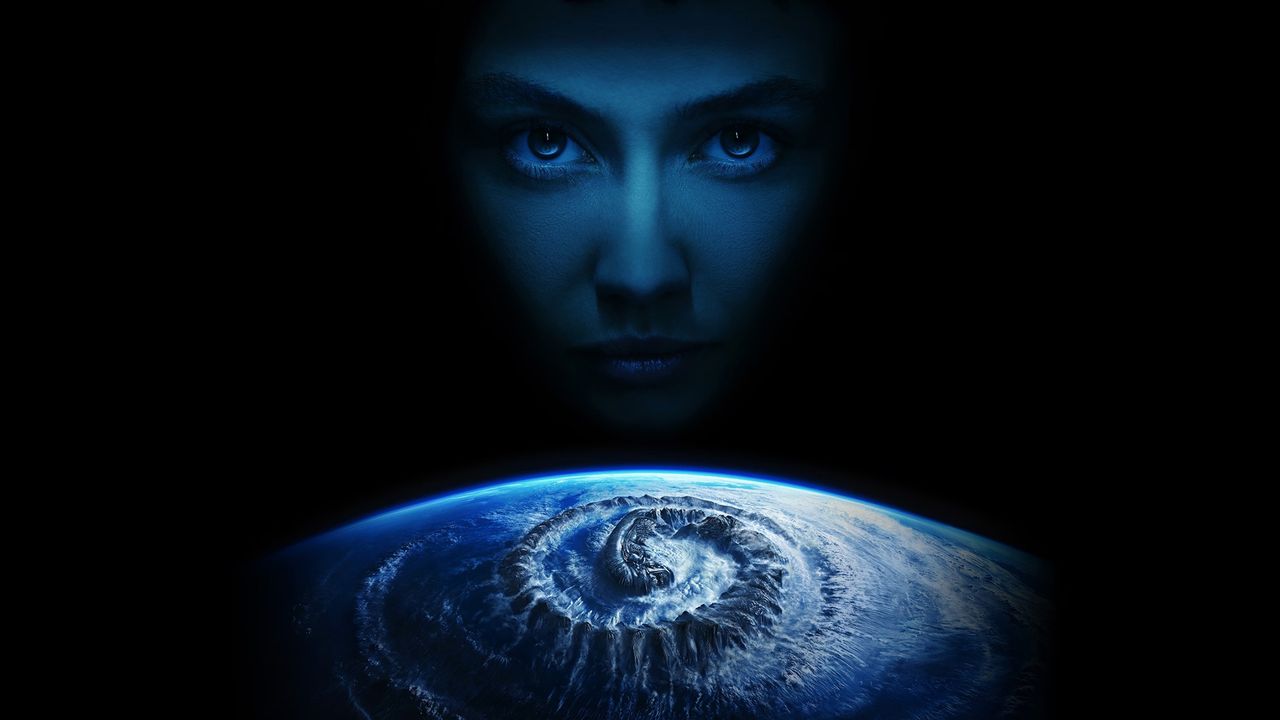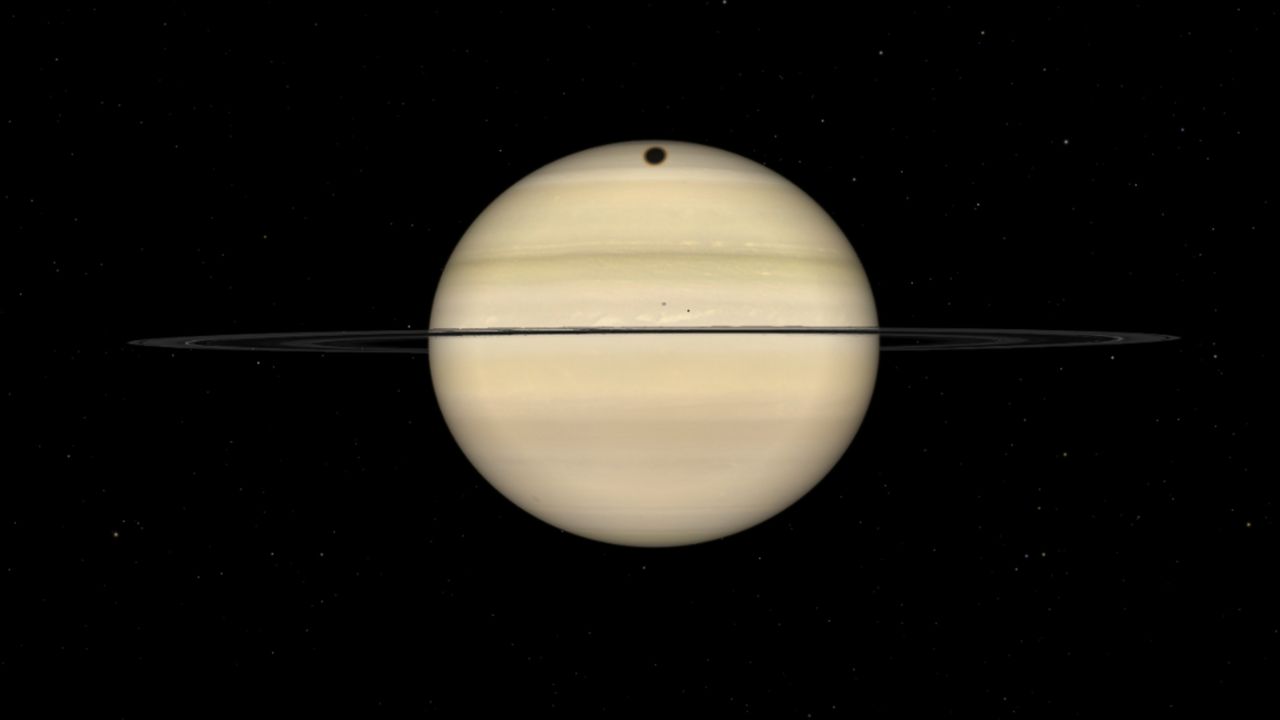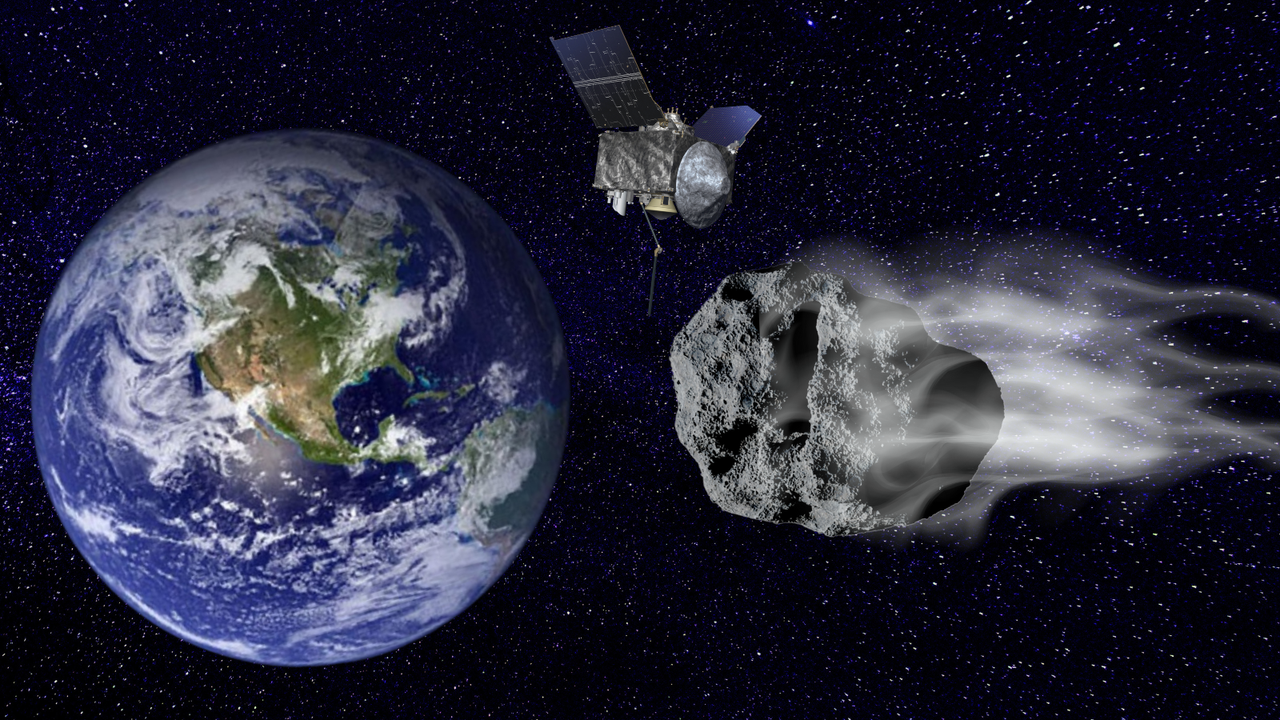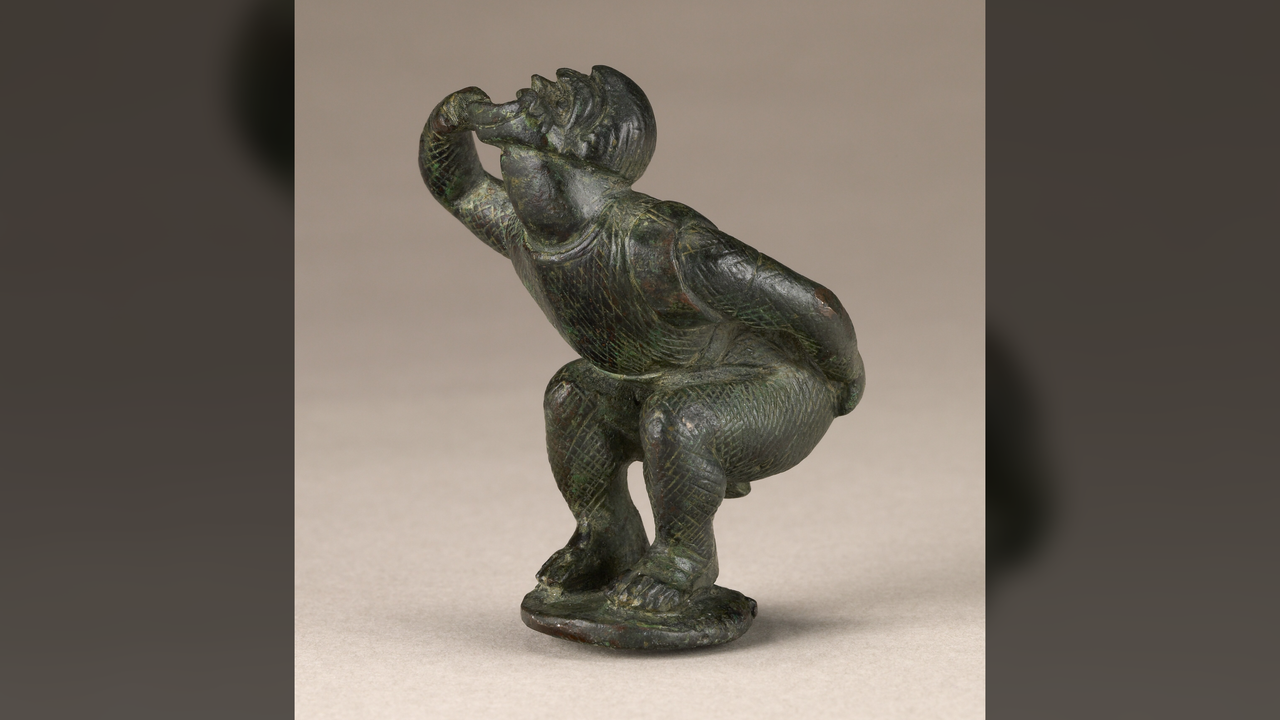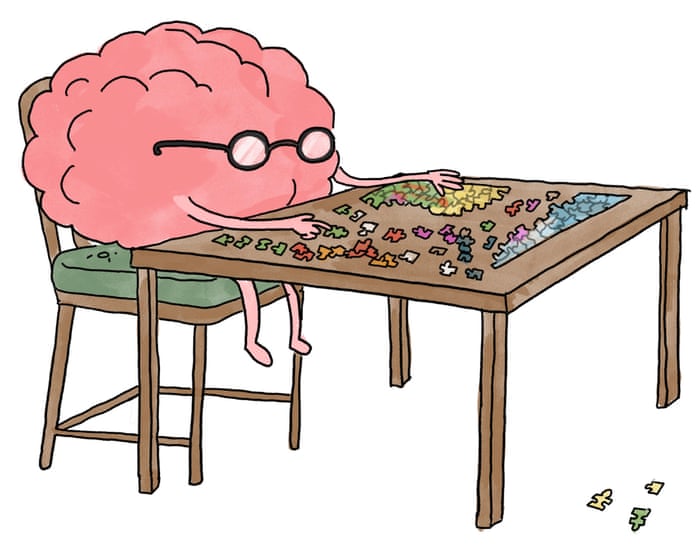What happened to the asteroid that killed the dinosaurs?
NeutralScience
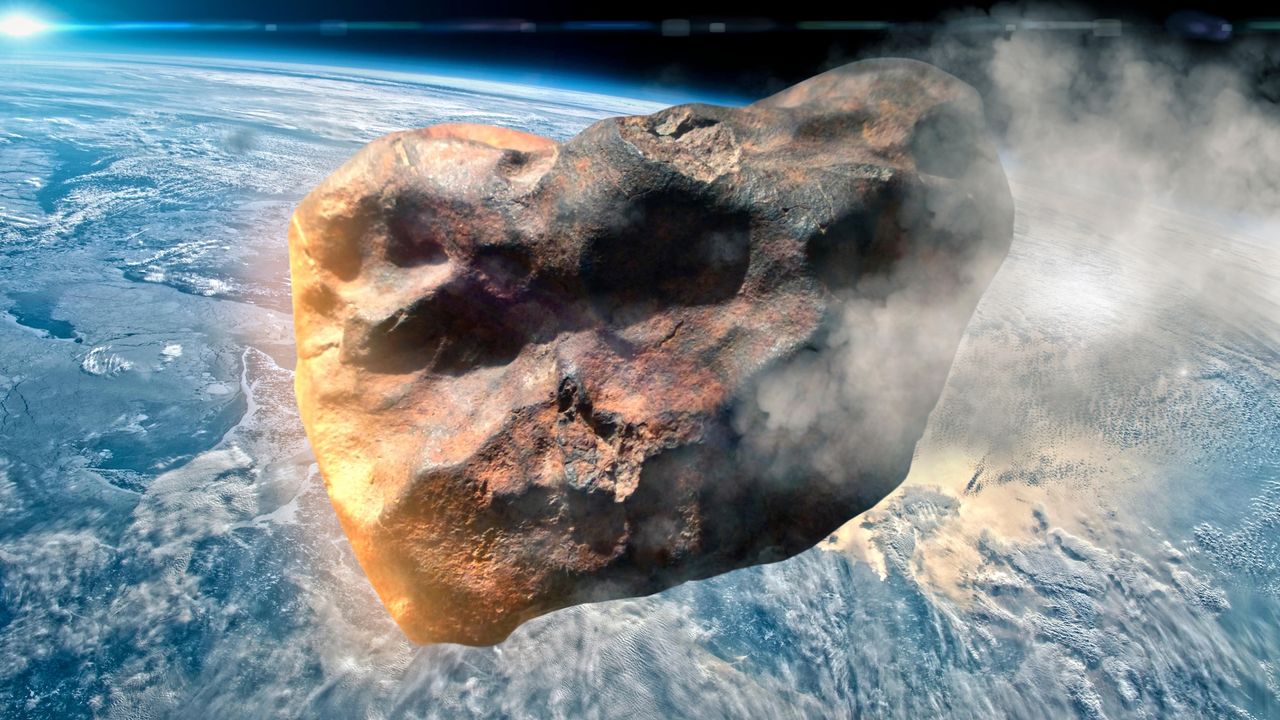
Scientists are exploring the fate of the asteroid that struck Earth 66 million years ago, leading to the extinction of the dinosaurs. This inquiry is crucial as it helps us understand the impact events that have shaped our planet's history and informs current research on potential future threats from space.
— Curated by the World Pulse Now AI Editorial System
